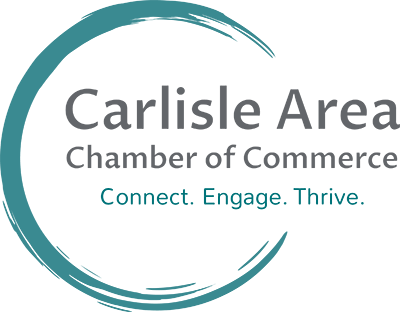Starting a business means juggling a thousand moving parts, but too many entrepreneurs brush off data security until it's too late. Protecting customer information isn't just a legal checkbox — it's a fundamental act of trust-building that separates fly-by-night ventures from companies that last. While splashy marketing campaigns and sleek branding dominate early conversations, the true groundwork of lasting success lies in safeguarding the people who take a chance on a fledgling brand. The smartest founders bake protection into their businesses from day one, making it as natural a part of operations as answering emails or paying taxes.
Start With Only What’s Necessary
One of the most overlooked strategies for protecting customer data is not collecting unnecessary information in the first place. Gathering every possible detail about customers might seem helpful for future marketing, but it also greatly expands the risk of exposure. If a breach occurs, having a minimal dataset drastically reduces both legal consequences and the damage to customer relationships. New businesses should ruthlessly evaluate every form, survey, and interaction to ensure they only ask for what's absolutely required to deliver their service.
Choose Infrastructure Built for the Long Haul
Founders often look for cheap solutions to manage customer data in the beginning, but short-term savings can lead to devastating losses later. Choosing reputable, security-focused infrastructure from the outset may stretch a startup budget, but it lays a foundation that won’t crack under pressure. From cloud services to payment processors, every vendor should be vetted with the same scrutiny reserved for hiring a key employee. Businesses that invest in trusted technology partners from day one send a clear signal that protecting customers isn’t negotiable.
Turn PDFs Into Your Business’s Security Vaults
One of the simplest ways to protect sensitive customer information is by managing and organizing critical documents as PDFs. Saving your files in PDF format and adding password protection ensures that only authorized individuals with the correct credentials can view or edit the contents. Using a secure tool that can later update access rights or remove the password entirely offers flexibility as your document needs change, especially when considering different PDF password remover usage scenarios. Treating document security as a living process rather than a one-time event helps a business stay adaptable while keeping customer trust firmly intact.
Design Policies That Scale With Growth
In the rush of starting up, it’s tempting to patch together a few ad hoc policies and promise to “get serious about it later.” But temporary fixes tend to become permanent frameworks, creating a tangle that’s hard to unwind once the business scales. Early-stage companies should craft data protection policies that not only meet today’s needs but can also stretch as the customer base grows. Clear, scalable protocols for data storage, access permissions, and breach response plans future-proof the business against the inevitable complexities of success.
Give Customers a Say in Their Data Journey
Transparency has quietly emerged as one of the most potent forms of customer loyalty. Giving people clear, jargon-free explanations of how their data will be used — and offering them meaningful choices about it — shows respect that customers can feel. Opt-in policies, easy-to-understand consent forms, and accessible settings to control their own information turn privacy into a customer experience advantage. When customers feel empowered, they’re not just less likely to complain — they’re more likely to advocate for the brand.
Stay Humble and Audit Regularly
Even the most well-meaning startups can fall into complacency, assuming that because nothing bad has happened yet, nothing bad will. Regular audits of security practices, conducted by outside experts if possible, help expose blind spots and outdated habits before they become crises. Audits should be positioned not as finger-pointing exercises but as health checkups essential to the company’s longevity. In the end, maintaining a humble mindset — acknowledging that threats evolve and that perfection is impossible — keeps a business sharp and customers protected.
Protecting customer data isn’t a side project; it’s a core act of leadership for anyone serious about building a company that deserves to exist. In an era where news of breaches travels faster than wildfire, businesses that prioritize privacy and transparency don’t just avoid lawsuits — they earn lifelong loyalty. The companies that thrive aren’t the ones that gamble with customer trust; they’re the ones that treat every piece of data as a fragile gift, entrusted to them with hope and expectation. Starting with protection sets a standard from the beginning, letting the company’s values speak even before its products do.
Discover the vibrant community and economic opportunities in Carlisle by visiting the Carlisle Area Chamber of Commerce. Whether you’re looking to grow your business or explore local attractions, the Chamber is your gateway to success and adventure!

